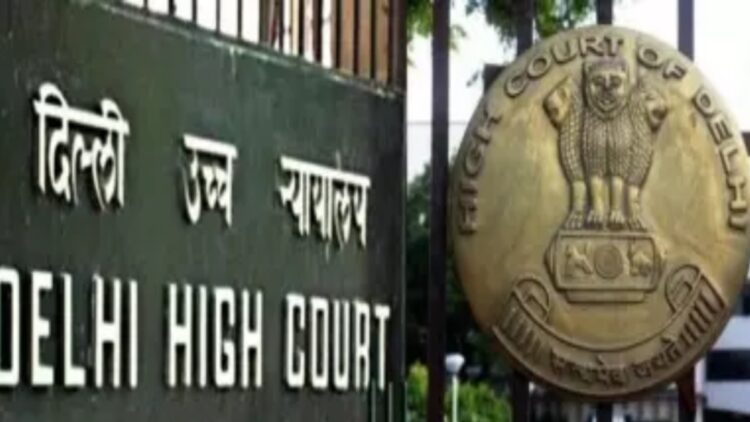New Delhi. Delhi High Court has given an important decision saying that if a Hindu woman marries a Muslim, her religion does not change to Islam. Justice Jasmeet Singh said in the judgment that the claim of religious conversion can be made only then. When there is solid evidence of this. In the court, a woman named Pushpalata had filed a case against her step brothers in a property dispute in 2007. Pushpalata’s father had married twice. He has only one daughter from his first wife and two sons from his second marriage. Both sons were selling property. On which Pushpalata had asked for her share under the Hindu Succession (Amendment) Act 2005. Delhi High Court has ordered Pushpalata to give 1/5th share in her father’s property.
Justice Jasmeet Singh of Delhi High Court has given an important decision in the conversion case after inter-religious marriage.
Justice Jasmeet Singh of Delhi High Court said in his decision that in his opinion, merely marrying a Muslim does not constitute conversion of the person concerned. Even concrete evidence regarding conversion was not given to the court. Justice Jasmeet Singh said that without evidence the claim of changing religion on the basis of marriage is not acceptable. The court said that the woman did not change her religion after marrying a Muslim and thus she can take her share in the property. Apart from this, he also ordered Pushpalata to give her share from the money in her father’s PPF account.
Pushpalata’s father had opposed giving the property to his daughter in the court. He had said that daughter Pushpalata has married a Muslim in Britain. He said that the plaintiff is no longer a Hindu. The court had asked the defendant to provide evidence that his daughter had accepted Islam. Pushpalata’s father died during the hearing of the case. After which both the step brothers failed to give evidence. Pushpalata gave an affidavit in the court saying that her husband is a Muslim, but she follows Hindu religion only. On the basis of this, Delhi High Court rejected the arguments of the defendants.










